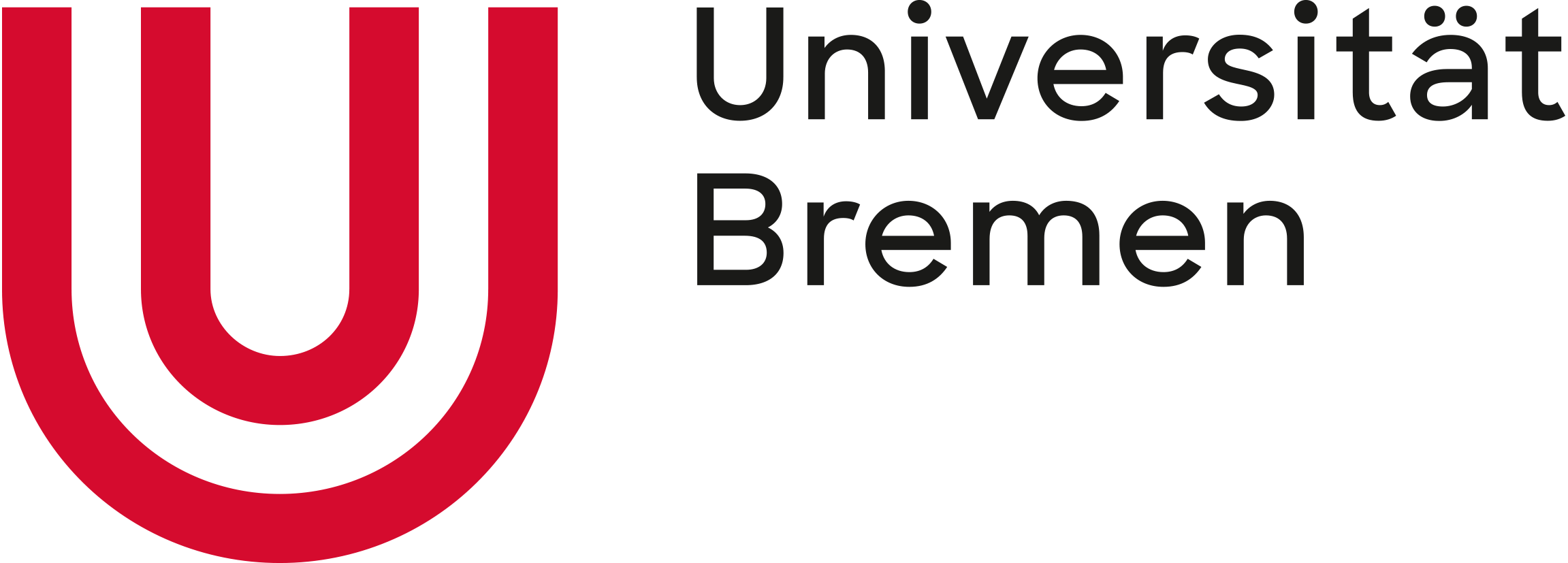Multiphase Flows
The Multiphase Flow group at ZARM considers problems in fluid mechanics including heat and mass transfer, where free surfaces are present. We seek solutions for the velocity, temperature and concentration field, and the pressure. We are scaling our results from laboratory scales to real applications. Free surfaces might have curvatures which determine the pressure of the system. The computation of free surfaces requires taking the second derivative of the position, and causes a free boundary problem.
Furthermore we are interested in variable accelerations which either cause reaction forces (sloshing) or compensate gravity (free fall). Many of our topics require a cryogenic environment with temperatures between 4 K and 120 K with regard to applications in aerospace technology. Thermo-physical properties change strongly with temperature at cryogenic conditions and heat fluxes are always present.
In the compensated gravity environment of an orbiting spacecraft or a free falling capsule, surface tension (or interfacial tension) effects play an important role. Under terrestrial gravity conditions, these effects are often concealed by the influence of the hydrostatic pressure.
Under microgravity conditions surface tension forces may become dominant. Microgravity conditions are mostly found in orbiting space vehicles, but may also be achieved on earth in drop towers, parabolic trajectories flying aircrafts, and sounding rockets.
For isothermal problems the cohesion forces within the fluid together with the adhesion forces between the fluid and a solid boundary result in a capillary force, leading to capillary rise of the liquid in slits, gaps and capillary vanes, and macroscopic reorientation in large fluid vessels. In surface tension tanks for satellites these effects are used for fuel transport and positioning.
The research activities presented in the following either belong to the field of basic research on fluid physics, carried out on ground in the lab as well as under compensated gravity in the Drop Tower Bremen or on sounding rocket flights, or application oriented research on processes taking place under microgravity conditions on satellites, space shuttles, upper stages, or space stations.


 "
"